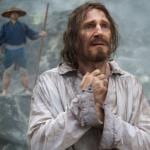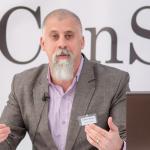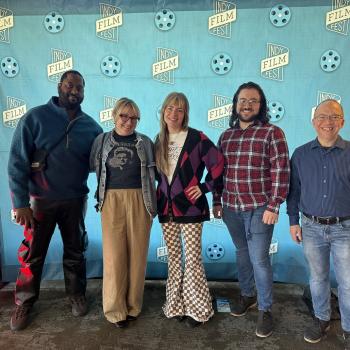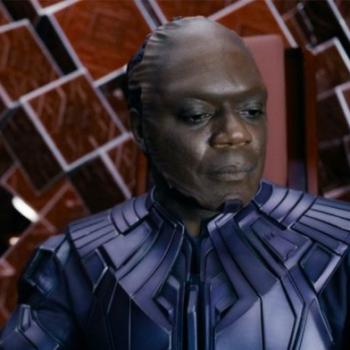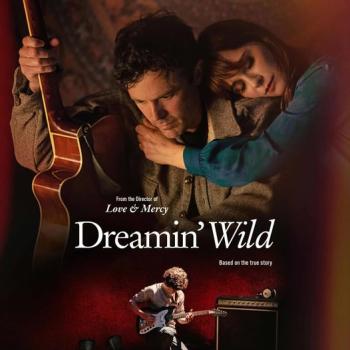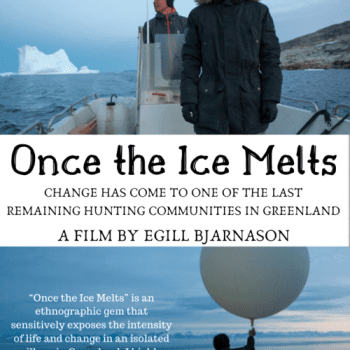I am long overdue to blog about the movie Doctor Strange, which I watched quite some time ago. As someone interested in the intersection of religion and popular culture, its exploration of science and skepticism, magic and mysticism, immediately got my attention. Basically the same thing happened with Doctor Strange that happened with Batman vs. Superman – I took notes while watching the movie, and then didn’t promptly turn those notes into a blog post. And so as I did in that case, so too here. I won’t try to provide a recap of the whole movie, but will assume that those who are reading this either have already seen it, or will do so if they wish regardless of whether I summarize the whole or just focus on a few particularly interesting scenes or exchanges. My focus here will be on providing a list of moments and quotes that are of interest for those who study the intersection of religion and comic books, since even those of us with such interests can miss things of forget about them. It is hard to make a written or mental note of every detail of this sort while engrossed in watching a movie!
In the film, Dr. Stephen Strange insists to the Ancient One that there is no such thing as spirit – only matter. She shows him otherwise. This provides an interesting starting point for conversation. A lot of modern science fiction and superhero stories assume that there is something like real magic in the world. It may be framed in quasi- or pseudo-scientific terms. But those who doubt it is real are viewed with the disdain and condescension that modern New Atheists reserve for anyone who believes magic is real. These parallel yet diametrically opposed stances and outlooks are truly fascinating to compare. On the one hand, clear proof of magic would eliminate the skepticism of most who start put like Stephen Strange. Disproving magic, on the other hand, is not so straightforward.
Here are some other key moments in the film that relate to the theme that interests me here:
- “What mysteries lie beyond the reach of your senses?”
- There are infinite universes, some benevolent, some malevolent.
- We never defeat our demons – we learn to live above them.
- Instead of spells, call it the source code that shapes reality.
- No knowledge is forbidden – only certain practices.
- The rebel Kaecilius seeks to use the stolen spell in a church. The spell accesses a dark dimension, and a being Dormamu that is timeless and hungers to absorb all universes.
- The Ancient One explains that surrender of control is the next step. His intellect has taken him as far as it can take him. Surrendering control to achieve control does not make sense, he says. But the Ancient One insists that not everything does.
- Kaecilius says that time is the true enemy – time and death are insults, and an eternal, timeless existence is what we should seek. He insists that Dormamu is the true savior, who gives life everlasting freely while the Ancient One hordes it for herself.
- The scene that follows in the hospital is fascinating, as it features not merely an astral battle and surgery in parallel, but the two interacting, suggesting that the scientific and the spiritual are not opposed but connected.
- There is a great discussion of Strange’s oath as a doctor, and whether the forces of evil can be battled without adopting the approach of seeking to kill them before they kill us. The Ancient One also expresses to Strange the simplest and greatest truth: it’s not about you. She also explains the need at times to draw on power from the dark dimension in order to fight the darkness.
- Strange enters the dark dimension saying he has come to bargain with Dormamu. But in fact he has brought time as a power from his own dimension, catching them in a time loop. It means that Strange will die over and over again, but it also means that Dormamu is trapped there as his prisoner with him. And so Dormamu agrees.
- Mordo is of the view that breaking natural law, and their own rules, will inevitably bring consequences, a bill that will come due.
What else should have been included here that I missed? And on the broad topic that makes this so interesting, what are your thoughts about the way that comic books, science fiction, and even some fantasy tries to make magic real but also somehow at least quasi-scientific?
Mark D. White was involved in the book Doctor Strange and Philosophy. Kyla Palmer’s student work on Doctor Strange was shared on the Auckland Theology and Religious Studies blog. Paul Asay blogged about Doctor Strange as a religious movie here at Patheos. And Adherents always has interesting information on topics like this. See too Doctor Strange 7: The Last Days of Magic:




